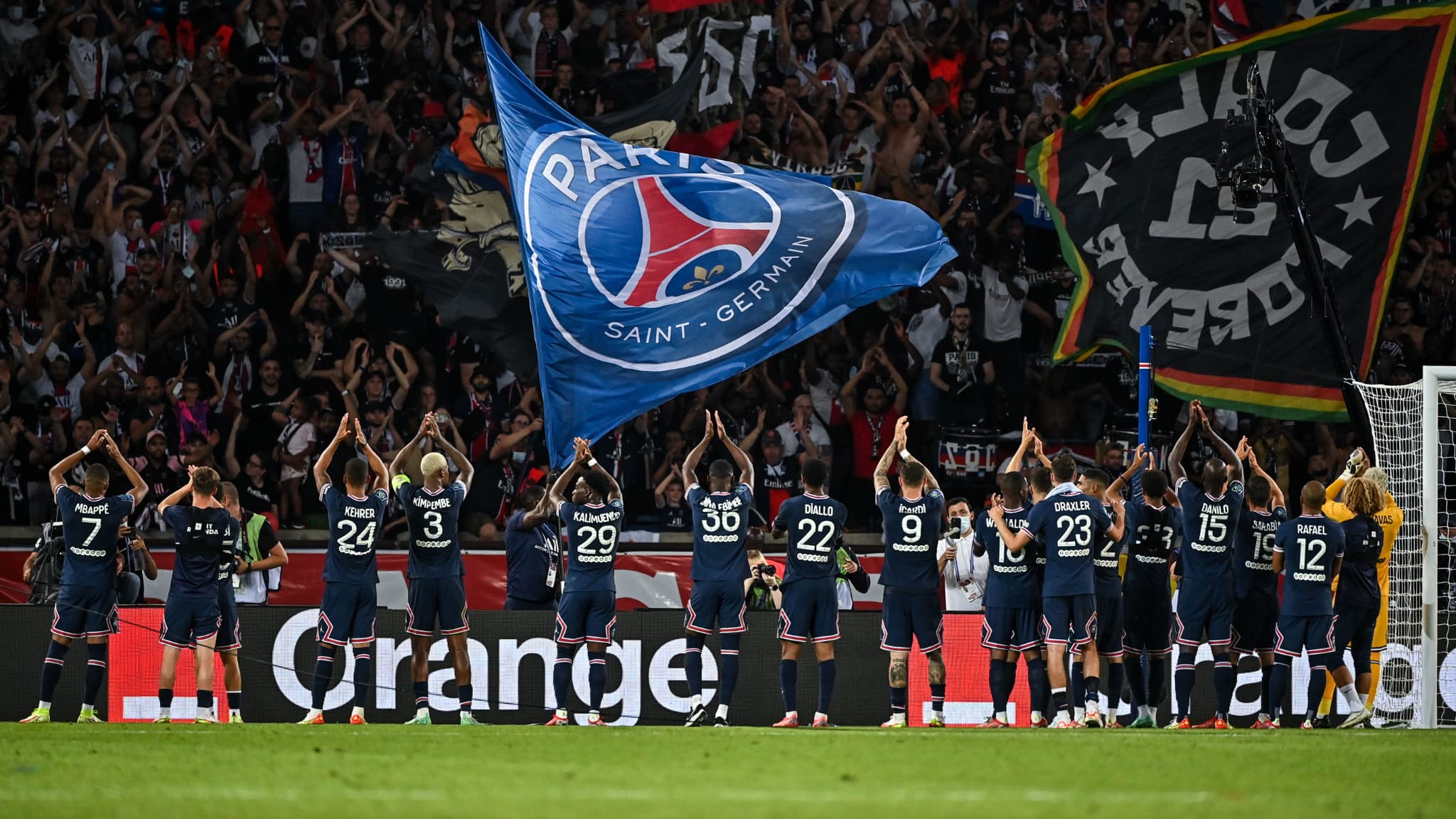The new rules for financial fair play will be adopted by UEFA’s executive committee on Thursday. They will impose a new framework for the share of salaries in the budget, while doubling the allowable deficit.
Financial Fair Play (FPF) will be refreshed by UEFA on Thursday. The European confederation will adopt a new system after two dark years (2020, 2021) due to the Covid-19 crisis. The new fiscal rules were also designed in the midst of the crisis to contain the rise in wage costs 12 years after the system was introduced. Reducing the clubs deficit has helped clear the bills, but it has also revealed its limits: its rigor exacerbates the plight of weakened teams, as the pandemic impacts European football about seven billion in two seasons. euros while it could be easily thwarted by state-owned clubs with nearly unlimited resources, with Manchester City and PSG in the lead.
In order not to spark a wave of bankruptcies, UEFA has therefore relaxed its deficit assessment since spring 2020 and subsequently announced a major overhaul of the financial rules imposed on clubs. The most important change is philosophical: it is no longer a matter of claiming the balance of the books, but of limiting the spending on salaries, transfer fees and commissions for brokers, which have long been seen as the main economic problem in the world. football.
An advantage for PSG in the Mbappé file
Specifically, UEFA will double the allowable deficit over three years (to EUR 60 million), but will force clubs to limit their wage bill to 90% of their income in 2023-2024, then 80% and finally 70% of the 2025-2026 season, until current contracts expire. According to L’Equipe, this gradual decline could help PSG, especially in its desire to extend Kylian Mbappe for another two seasons. The French star’s potential new salary could more easily be factored into the turnover rate in 2023-24.
This mechanism is a watered-down form of “salary cap” that is very difficult for UEFA to import: the 55 federations it oversees adhere to different social and accounting rules, and there is no centralized negotiation. If they fail to do so, the offenders will receive predetermined fines, depending on the extent of the violation.
Two more years of “flame”
This “luxury tax”, touted last year by UEFA president Aleksander Ceferin, will then be redistributed among the more virtuous clubs, even if the expected boost for each of these beneficiaries seems modest. In addition, the UEFA project foresees a recruitment ban, lending restrictions, relegation from one European competition to another and penalty points during the “mini-championships” that will replace the group stage from 2024.
>> Follow all information about the transfer window LIVE
However, the articulation of these measures with financial sanctions remains to be clarified, an important topic as sports sanctions remain the biggest threat to the new rich in European football. Both UEFA and ECA have succeeded: financial fair play should hardly influence the concentration of trophies.
The new rules could nevertheless weigh on the battle between historic leaders and ogres with unlimited resources, especially as the gradual cut in the salary cap could burn the latter, including PSG, for two more seasons. Conversely, legendary clubs that are financially in the red, such as FC Barcelona or Juventus Turin, could curb their ambitions by obliging to gradually reduce their debt.




